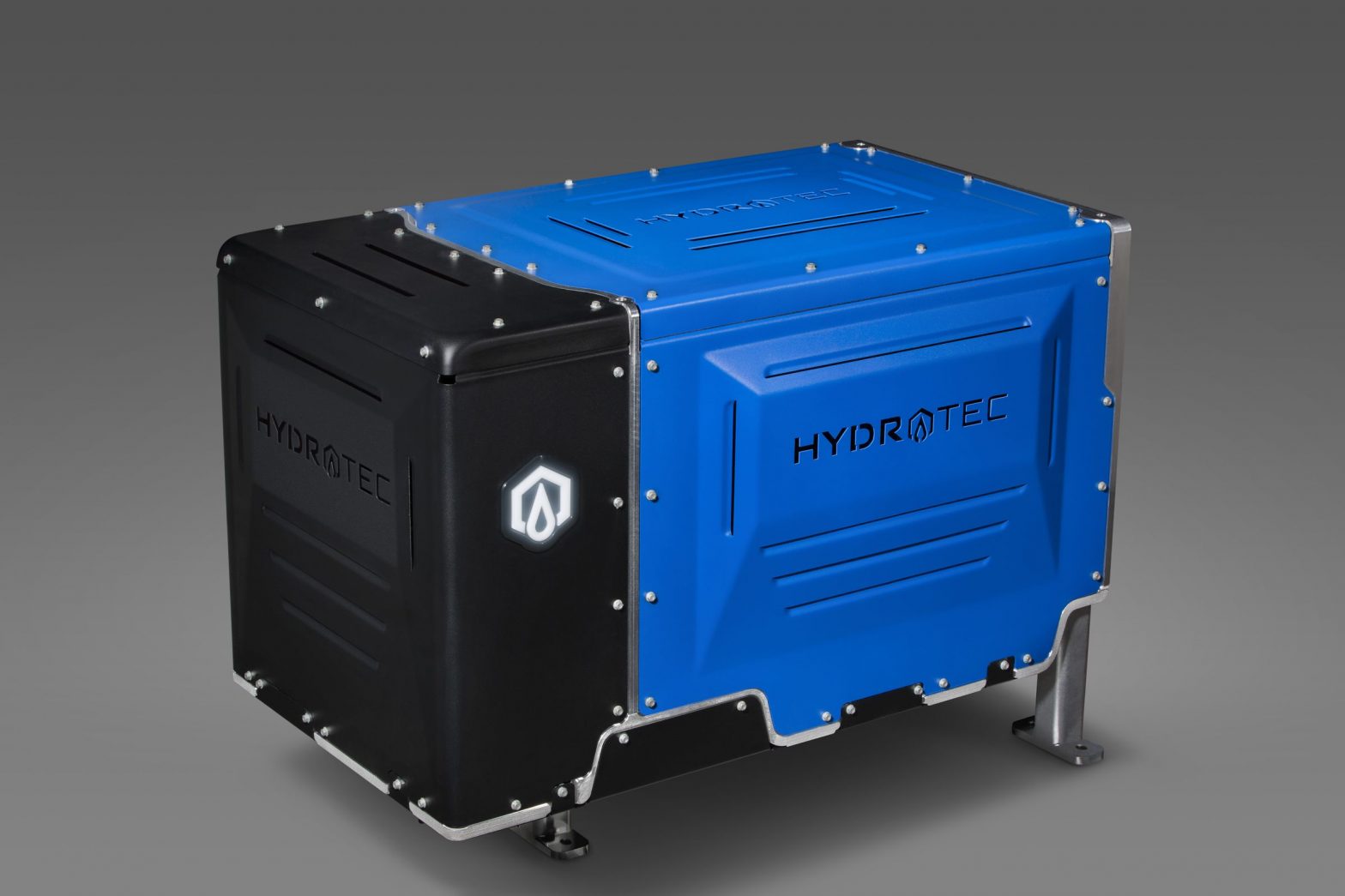/
The automaker is one of several betting that hydrogen fuel cells can power the next generation of heavy duty vehicles.
Share this story
:format(webp)/cdn.vox-cdn.com/uploads/chorus_asset/file/25139924/_S5A1585.jpg)
General Motors struck a deal with commercial vehicle manufacturer Autocar to use its hydrogen fuel-cell technology to power a range of heavy-duty work vehicles.
Hydrogen fuel cells — which use compressed hydrogen as their fuel and release water vapor as its only emission — have been in development for decades. GM has condensed its Hydrotec-branded system into a “power cube” encompassing 300 individual hydrogen fuel cells, the current generation of which can put out 80 kW of net power.
The automaker has said it wants to use the cubes for a variety of appliances, including mobile generators and temporary EV chargers. And now that list has grown to include vocational vehicles.
Autocar, based in Birmingham, Ala., is a 126-year-old manufacturer of Class 7 and 8 work vehicles, including garbage trucks, cement mixers, terminal tractors, and more.
:format(webp)/cdn.vox-cdn.com/uploads/chorus_asset/file/25139925/DC64D_Carcel_GConstruction.jpg)
GM says that while its Ultium branded EV battery packs are well-suited for passenger vehicles, larger trucks and vocational vehicles are in need of a different solution if they are to eliminate their tailpipe emissions. The company’s Hydrotec power cubs are lightweight, GM said, which enable large payloads, excellent range, and quick refueling.
The first of these vehicles will go into production in 2026 at the Autocar Truck Plant in Birmingham. Cement mixers, roll-off and dump trucks, which all share a common architecture, will be built first, followed by refuse trucks and terminal tractors.
One of the biggest challenges, though, is the dearth of hydrogen charging and refueling infrastructure. Despite the technology having been in development for decades, there are only a little more than 50 fueling stations in California, mostly clustered around Los Angeles and the Bay Area. The East Coast is trying to get in on the action, with a handful of stations up and running, and more in the works in New York, New Jersey, Massachusetts, Connecticut, and Rhode Island.
Hydrogen’s energy content by volume is low, which makes storing hydrogen a challenge because it requires high pressures, low temperatures, or chemical processes to be stored compactly. Overcoming this challenge is important for light-duty vehicles because they often have limited size and weight capacity for fuel storage.
In addition to vocational vehicles, GM is also using its Hydrotec technology for mobile power generation. The hydrogen-powered generators are being sold to commercial and military customers to start out, but the automaker said it plans on offering versions for residential use in the future.
